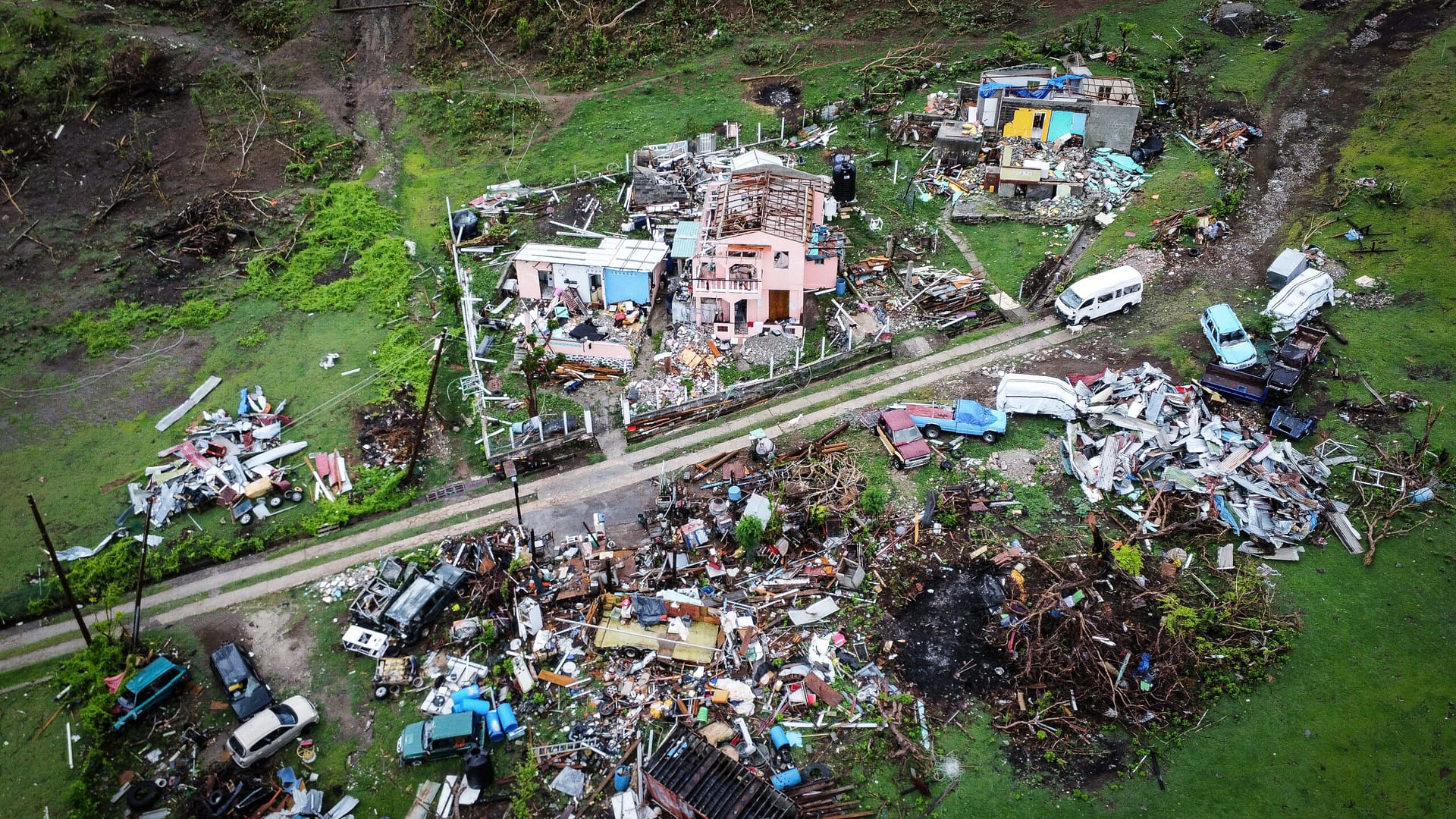The catastrophic aftermath of Hurricane Beryl on Union Island in Saint Vincent and the Grenadines has laid bare the urgent need for enhanced disaster resilience. Aerial imagery reveals widespread destruction, with two-thirds of buildings obliterated, leaving countless residents homeless. Critical infrastructure—power, water, and transportation—lies in ruins, crippling daily life and exacerbating the island’s economic woes. The tourism sector, a cornerstone of the local economy, has suffered colossal losses, triggering a vicious cycle of unemployment, poverty, and food insecurity. The International Organization for Migration (IOM) has seized this moment to amplify its call for a paradigm shift in global financing. This year’s International Day for Disaster Risk Reduction (IDDRR) underscores the theme ‘Fund Resilience, Not Disasters,’ urging a redirection of resources from reactive disaster response to proactive prevention and preparedness. IOM Director General Amy Pope emphasized the criticality of resilience investments, stating, ‘Every dollar invested in resilience saves many more in avoided losses and protects the dignity of those most at risk.’ The statistics are stark: 2024 saw a record 46 million people displaced by disasters, yet disaster risk reduction remains woefully underfunded, with most governments allocating less than 1% of their budgets to prevention. IOM is advocating for scaled-up investments from governments, donors, and the private sector to mitigate disaster impacts and bolster resilience. This includes integrating human mobility into risk-informed development and climate finance, ensuring communities can adapt, relocate, or rebuild with dignity. As the 30th UN Climate Change Conference (COP30) approaches, IOM aims to position disaster and climate risk reduction at the forefront of climate finance negotiations, leveraging tools like the Risk Index for Climate Displacement and the Climate Catalytic Fund to target hotspots, prevent displacement, and safeguard development gains.
OM Chief Highlights Record Disaster Displacement and Calls for Resilience Funding
